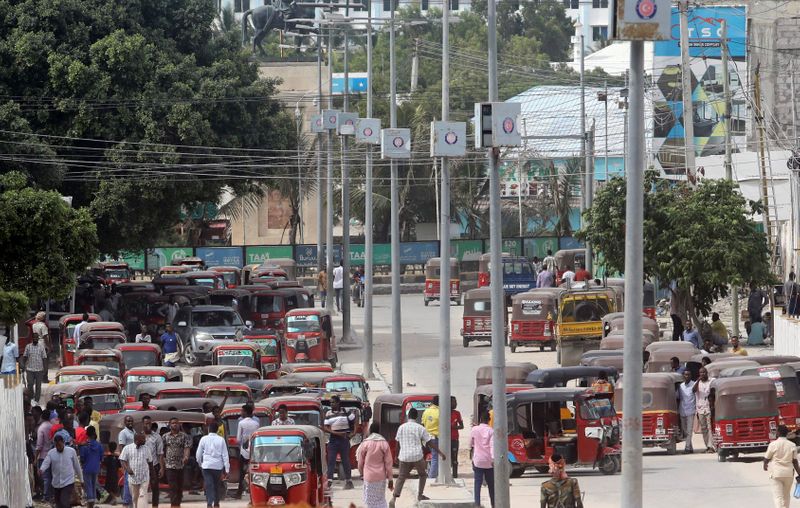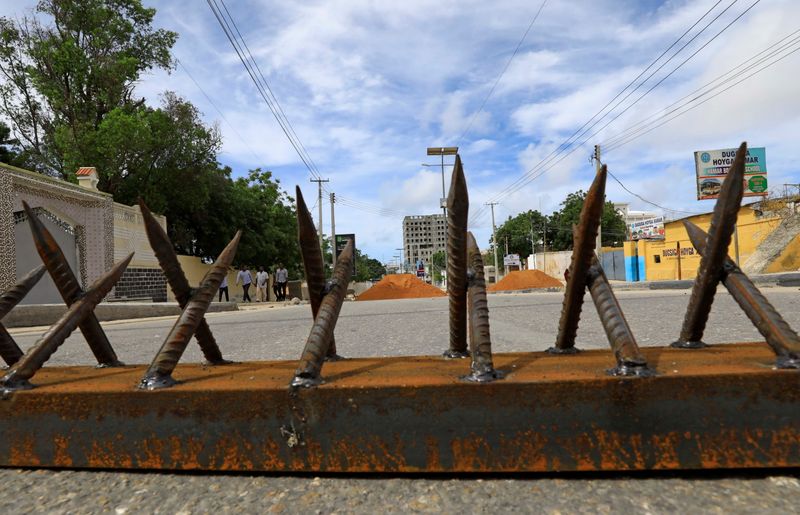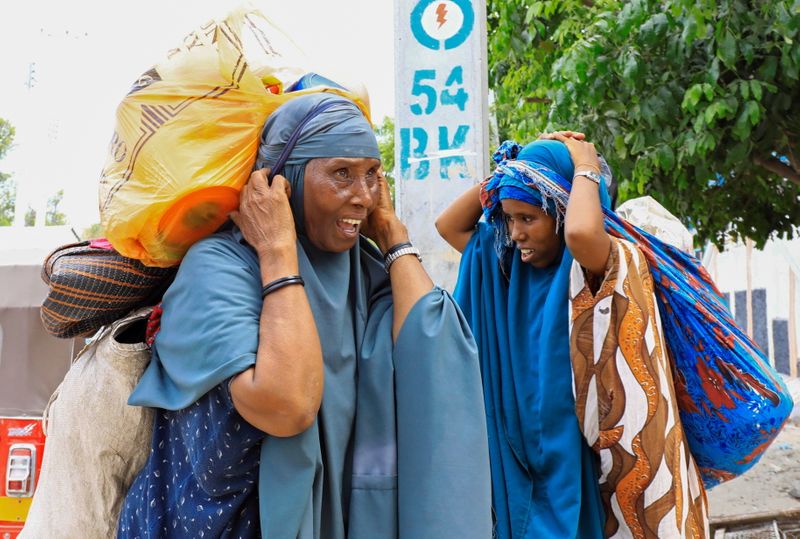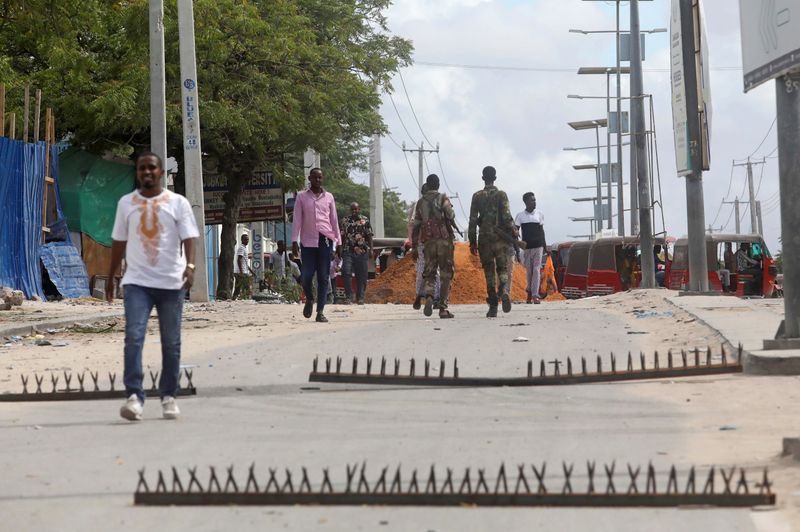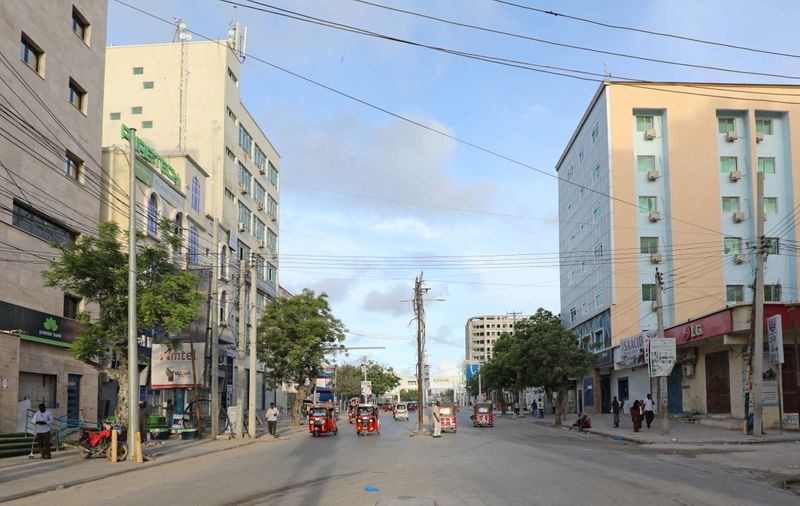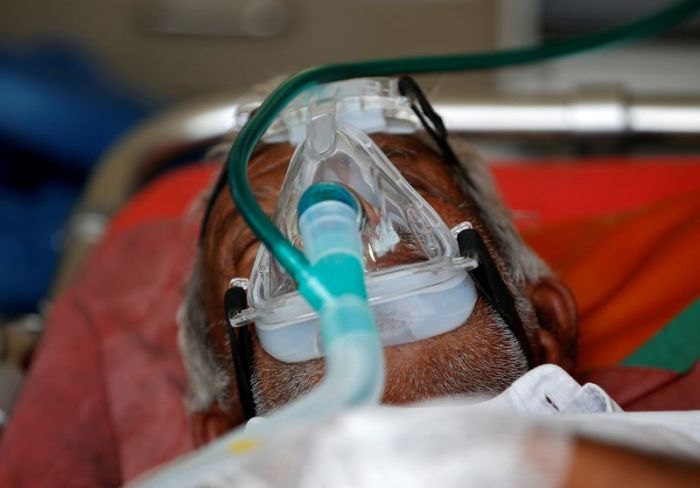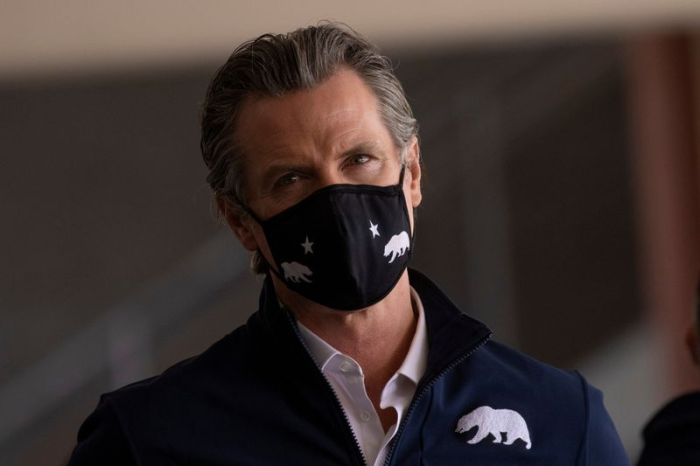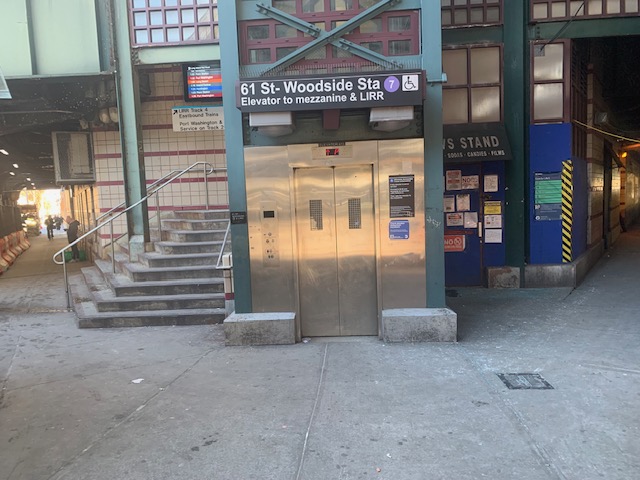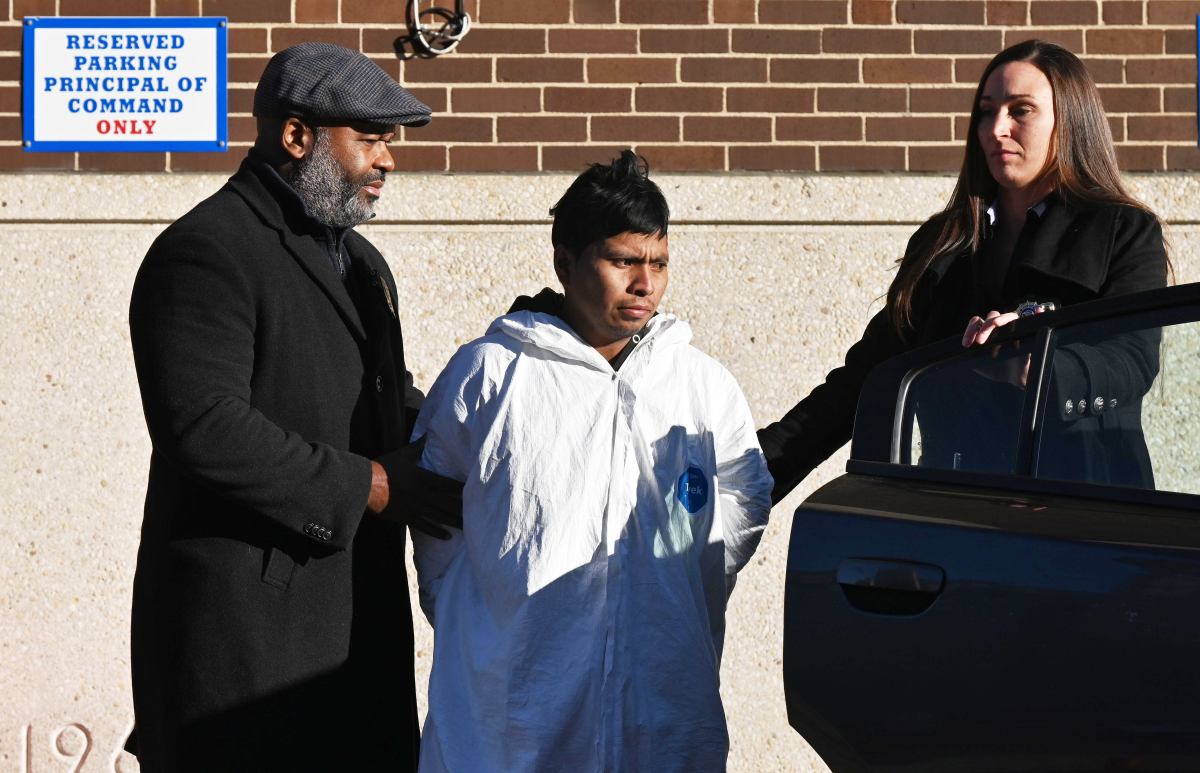NAIROBI (Reuters) – Gunmen opposed to Somalia’s Mohamed Abdullahi Mohamed had control of strategic parts of the capital Mogadishu on Monday, Reuters journalists saw, after factions in the security forces clashed at the weekend over his term extension.
Mohamed signed a law earlier this month extending his mandate for two years after elections were cancelled, setting off a political furore that threatens to distract Somalia’s armed forces from fighting al Qaeda-linked insurgents.
The presidential term extension has also irked foreign donors, who have backed his fragile government in the hope of bringing long-needed stability to the Horn of Africa nation largely in turmoil since a 1991 civil war.
After exchanges of gunfire rocked Mogadishu on Sunday and some forces came from outside the capital, anti-Mohamed factions controlled the Hawle Wadag district, according to Reuters reporters. Many hotels, businesses and schools are there.
Opposition forces also controlled some roads leading to the Sayidka junction, a security checkpoint near the presidential palace, interior ministry and parliament.
Sand barricades were erected outside some schools, which were closed on Monday due to the violence the day before. Metal spikes lay across one road.
Government officials did not respond to phone calls, though Prime Minister Mohammed Hassan Roble, appointed by the president last year, tweeted: “War should be stopped”.
Military commander Saney Abdule, from the Hirshabelle area of central Somalia, had announced plans go to Mogadishu to denounce the presidential term extension. Some of his forces were already arriving, several residents of both areas said.
Residents in the Karan and Gubadlay districts of Mogadishu said they planned protests against the president on Monday evening when they break their daily fast for Ramadan.
At the weekend, some protesters burned photos of the president, while two prominent opposition figures alleged that pro-Mohamed forces had attacked their homes though they gave no proof for that.
(Reporting by Abdi Sheikh; Writing by Maggie Fick; Editing by Andrew Cawthorne)

